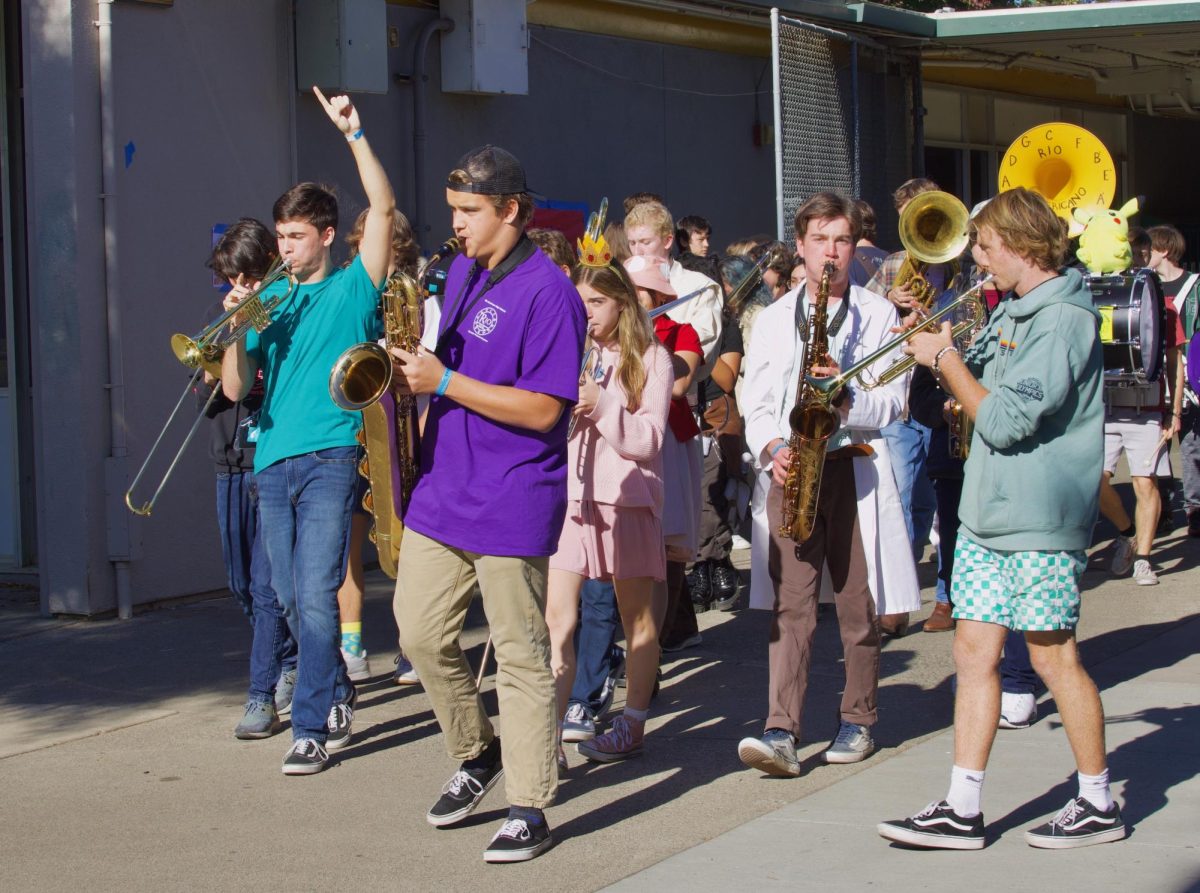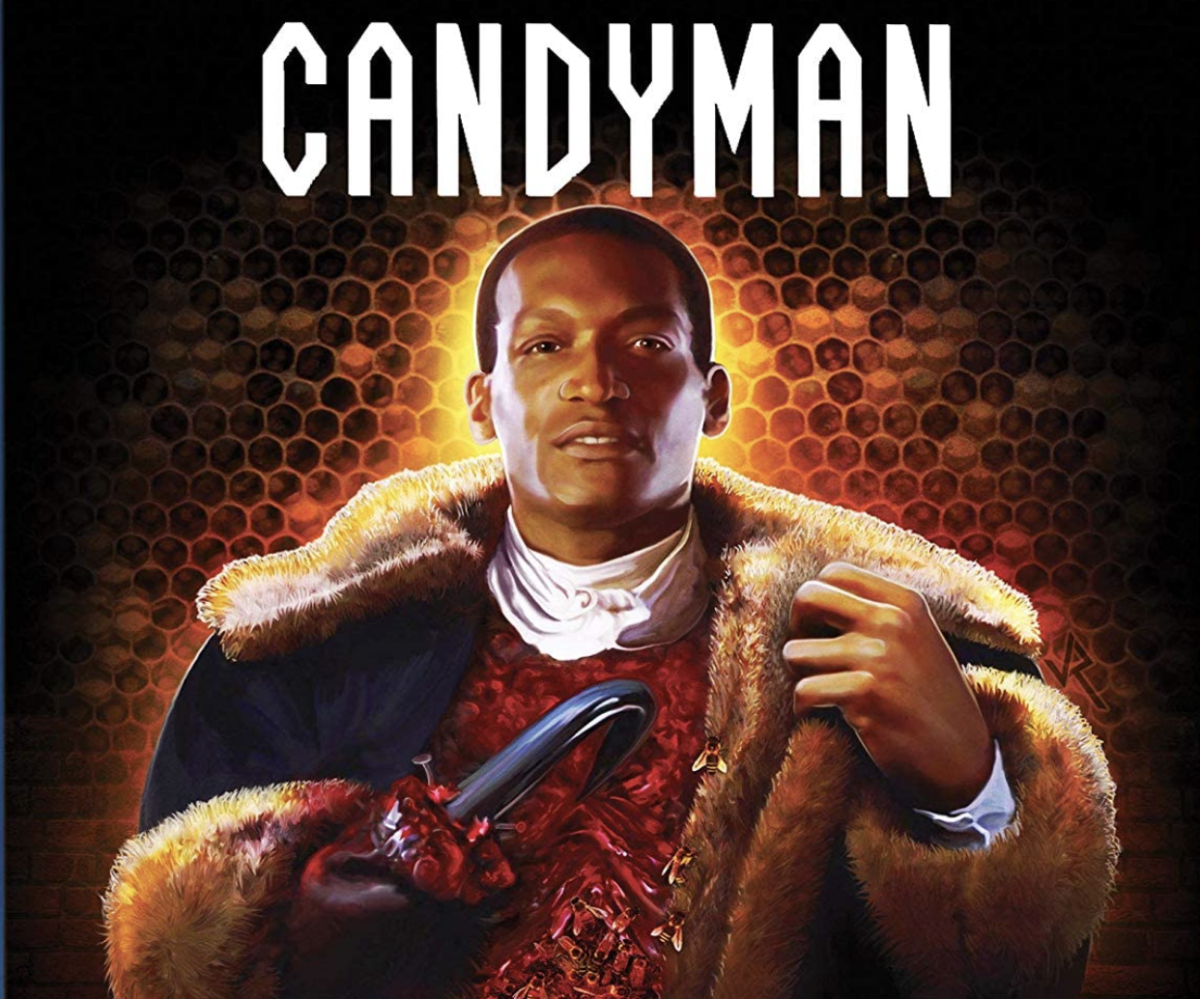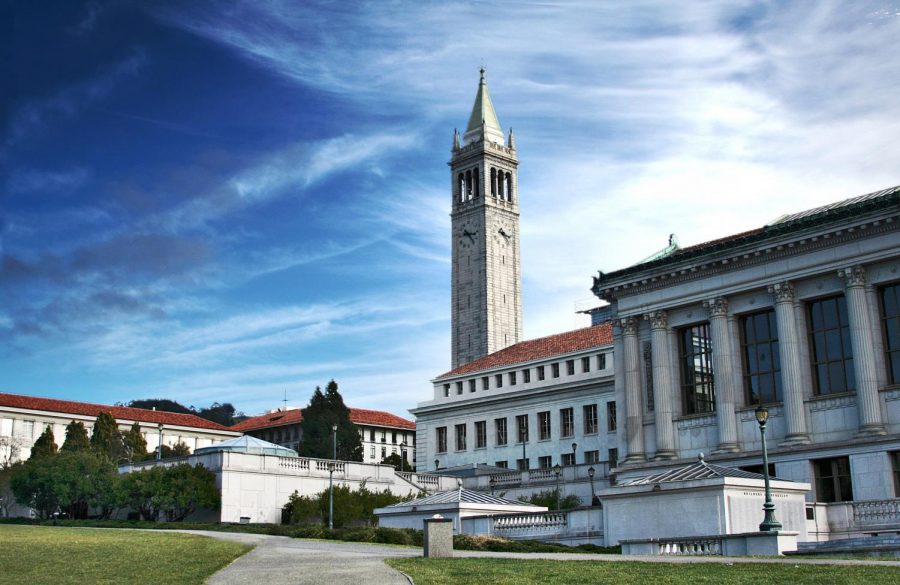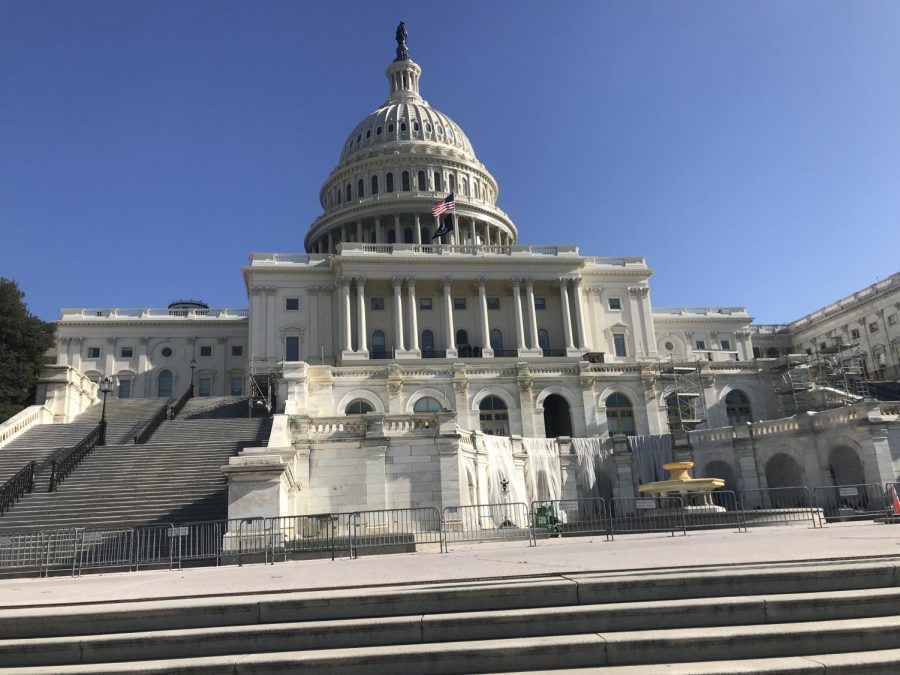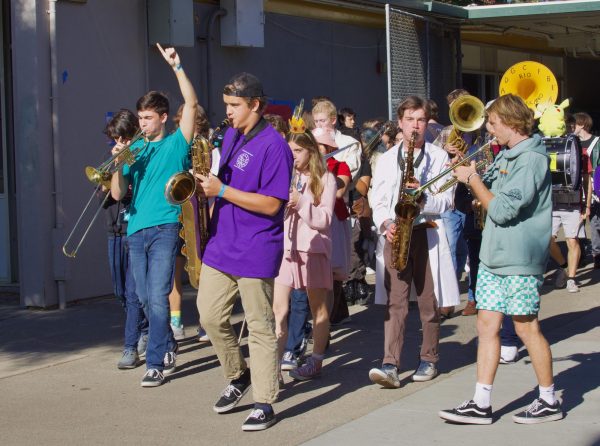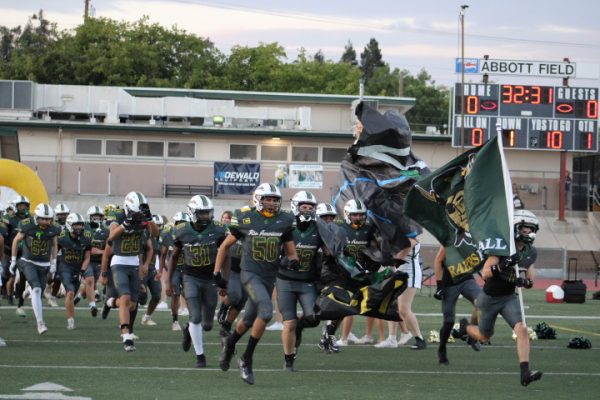The Week in Washington
Photo By Katelyn Newton
The past week of politics has grasped national headlines between the Iowa Caucuses, the State of the Union and the Senate’s vote on President Trump’s impeachment trial.
On Monday, the Iowa Caucus took place, which is an event many look to as a representation of where the candidates stand. The night of the caucuses, however, there were technical difficulties with a mobile phone app that the Iowa Democratic Party used to collect results from the various caucuses throughout the state, in addition to an excessive amount of phone calls to the party’s backup network.
The chairman of the Democratic National Committee Tom Perez requested that the Iowa Deomcratic Party conduct a recanvass, or a legal review of election results due to inconsistencies. As the nation waited in anticipation of official results, it appeared Senator Sanders and Mayor Buttigieg were fighting for the lead.
Late Thursday night, it was confirmed that all of the precincts had reported and Buttigieg was in the lead by a tenth of a percent. He was followed by Sanders with 26.1 percent of state delegates supporting him.
Candidates Warren, Biden and Klobuchar all had less than 20 percent in Iowa’s primary election process. While results seem to be locked in from all precincts, the Associated Press said it is unable to announce a winner due to such close results and the irregularities in votes earlier in the week.
Amid what headlines called “caucus chaos,” more tension grew in Washington. Tuesday evening, the night before the senate would vote on whether or not to acquit Trump of charges from the impeachment trial, the president gave his annual State of the Union speech, in which the Speaker of the House traditionally invites the President to the House Chamber on Capitol Hill.
Current Speaker of the House Nancy Pelosi and President Trump, however, had not spoken in months, as Pelosi led the House of Representatives to impeach President Trump earlier in the year.
Traditionally, the speaker begins the State of the Union stating, “Members of Congress, I have the high privilege and distinct honor of presenting to you the President of the United States.” Pelosi, however, simply said, “Members of Congress, the President of the United States,” to which it appears Trump responded to by ignoring Pelosi’s offer to shake hands as he took his seat.
In his speech, President Trump proclaimed the United States has “the greatest economy that we’ve had in our history,” and condemned Democratic socialism. Trump also awarded Rush Limbaugh with the Presidential Medal of Freedom and celebrated many other individuals, including Venezuelan opposition leader Juan Guaido.
The night ended with controversy when Pelosi proceeded to tear up the President’s speech after his closing remarks, as leaders and experts debated whether or not it is illegal to tear up such a document.
The following day, the Senate voted to acquit Trump on the House of Representatives’ charges of abuse of power and obstruction of Congress. This was the third Senate impeachment trial of a president currently holding office in United States History.
The members of the Senate voted mostly on party lines, except for Senator Mitt Romney of Utah who voted against Trump on the first article of impeachment. The Senate voted 52-48 not guilty on the charge of abuse of power.
The vote for obstruction of Congress, however fell directly along party lines and Trump was found not guilty 53-47.
The political events of the past week had many implications for the upcoming election, from the Democratic Primaries to President Trump’s push for a second term.




